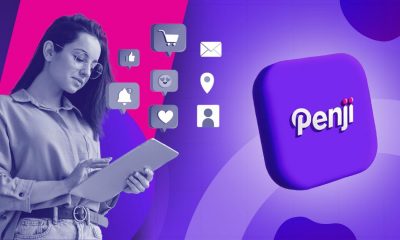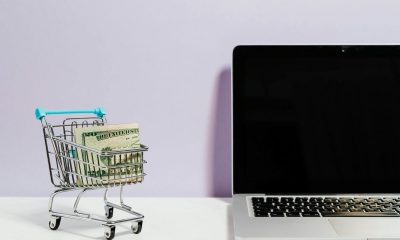Business
TikTok Is Toast: Get the Secret Weapon Brands are Using to Power Through
Published
1 year agoon

Just when you thought the drama surrounding TikTok couldn’t get any juicier, the US government drops a bombshell. Just days ago, President Biden signed a bill that could ban TikTok across the entire country.
TikTok has been asked to find a “new, non-Chinese owner” within the next 9 months according to CNN. The company is within its rights to comply (which will be tough) or file a lawsuit. Unsurprisingly, TikTok’s parent company ByteDance is already leaning toward the latter, announcing it’s ready for a legal battle.
With over 170 million Americans entrenched in the app, the prospect of its sudden disappearance sparks more questions than answers. What does a “ban” actually entail? For one, it doesn’t mean you’ll face legal action as an individual who still uses TikTok. And it doesn’t mean the app will magically vanish if you already have it downloaded.
Instead, the ban threatens to remove TikTok from Apple and Google’s app stores, which means no more updates, security patches, or bug fixes. This could pose a security risk to TikTok’s loyal user base.
But fear not, social media enthusiasts, because while the chaos unfolds, brands and influencers can use this time to get clear on their strategy. While the rest of the digital world is losing its mind, you can set your brand up to thrive like never before.
Enter Penji: Your Secret Weapon for Social Media Domination
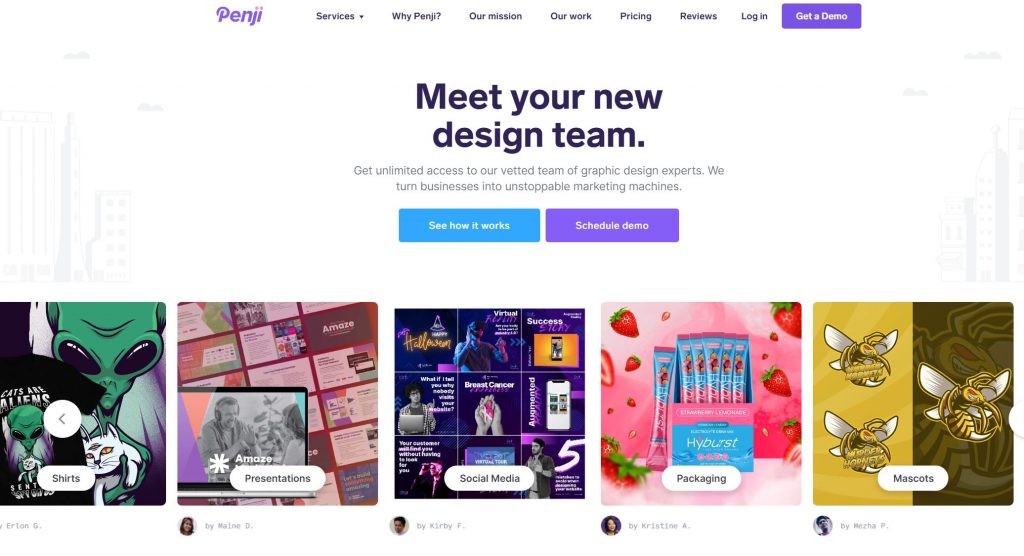
It’s hard to stay relevant and have an effective social media strategy when things are so volatile in the digital world. But that’s only really true if you’re working alone.
Particularly for marketing, design, branding, and social media agencies, getting help from professionals is crucial. You likely need copywriters, marketers, designers, and coders as the bare minimum.
So who’s Penji.. and who cares?
You could say Penji is an ‘all-in-one chaos solution’ for brands with lots to do and little time to do it. They’re a design team that creates the visual assets that power numerous brands year-round. Penji can create custom:
- Ad designs
- Organic social posts
- Custom illustrations
- Logos & branding
- Blog graphics
- Infographics
- Email templates
- Landing pages
- Web & app designs
- And more
If you can name it, Penji can probably design it. Brands are getting crazy results. For example:
RevenueZen saw a 25% increase in customer engagement and a 20% boost in sales after partnering with Penji for their new website.
Rush Order Tees upped their productivity by 2200% with the help of just 5 Penji designers who mastered their brand visuals.
How does it work?

Penji is an unlimited graphic design service, which means they don’t put limits on how many designs you can get each month. You pay a flat monthly fee and request any designs, anytime. There’s no contract, so you can cancel or pause anytime too.
Step 1: Create a Project: Go to Penji’s dashboard and select “Create a Project.” Choose a category (eg. logo) and provide all the details your designer needs to knock it out of the park.
Step 2: Get Matched Right Away: Once you’ve submitted your design brief, you’ll be matched with a pro designer via our AI matching system. From here, just sit back and relax.
Step 3: Review & Give Feedback: Within 24 to 48 hours, you’ll receive the first draft of your design. Provide point-and-click feedback directly on a project, and the designer will make revisions until you’re completely satisfied. There’s no limit to revisions, and you can swap designers if you don’t like the direction.
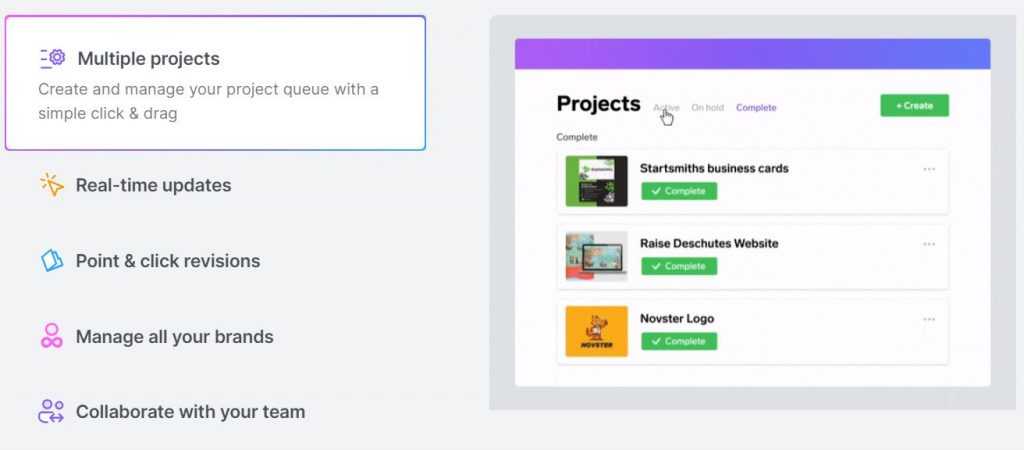
Step 4: Mark as Complete and Download: Once you’re happy with a project, simply mark it as complete. You can then download the files directly from the Penji platform, no need for external links or emails. Your files are securely stored in the cloud, ensuring easy access whenever you need them.
Not only can you communicate directly with your designers, but also creative assistants, project managers, or art directors depending on which plan you choose.
Never Hire an Unreliable Designer Again
For brands dealing with vetting and hiring headaches, Penji offers a hassle-free alternative. By eliminating the need for constant hiring/firing and payroll management, brands can bypass the headaches associated with maintaining a freelance (or in-house) team. Instead, you can tap into Penji’s pool of vetted creative talent, handpicked to meet the demands of even the pickiest clients.
Retain More Customers with a Bulletproof Brand Identity
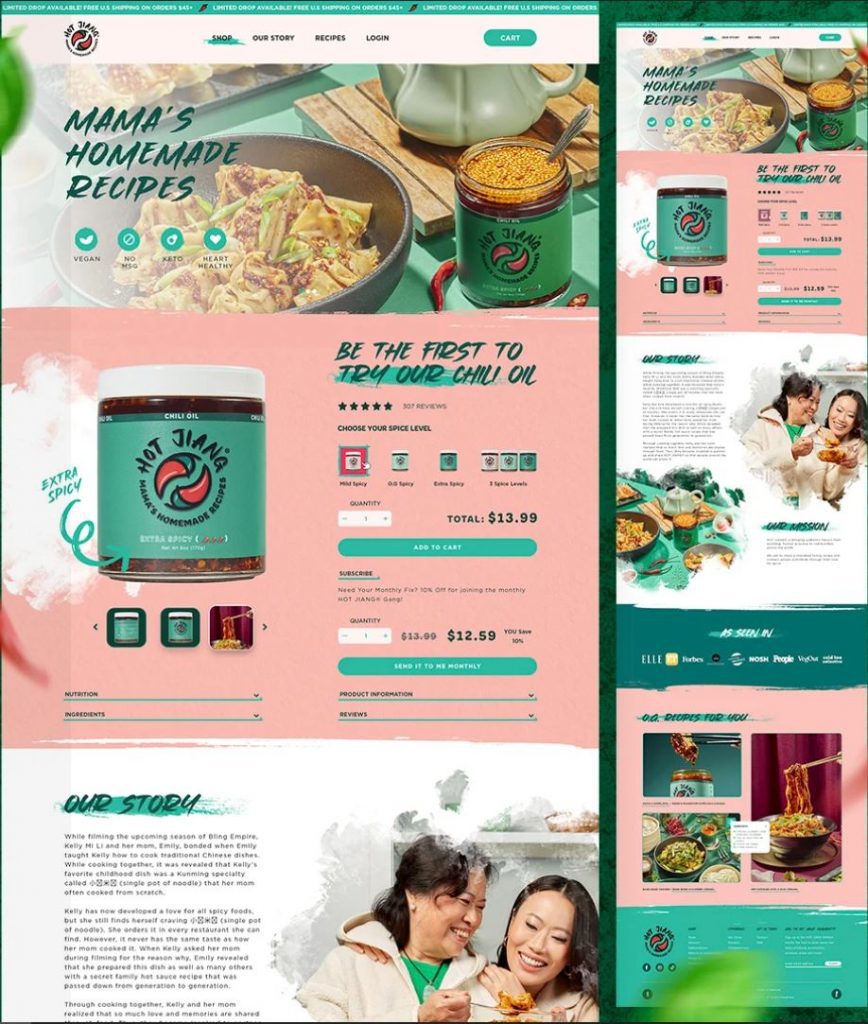
Customer retention is another area where Penji helps businesses shine. By providing on-brand, consistent quality across every project, you’ll build trust and loyalty with your clients. With a dedicated team of creatives, project coordinators, and quality control experts, Penji ensures you put your best foot forward at every touchpoint. That means your customers won’t hesitate to pick you over a competitor – the design does the convincing.
The bottom line? With costs roughly 70% lower than hiring in-house designers, Penji offers a cost-effective solution without skimping on quality or speed. You’ll boost your production rates drastically for a fraction of what you’re used to spending.
So don’t let the TikTok ban scare you away from focusing on social media growth. Partner with a design team that just gets you – and your social media strategy will start running like clockwork.
Ready to Win at Social Media?
If your interest is peaked and you’re ready to power your social media channels with more ease than ever, watch a quick demo to see how you can get all the designs you need in one place.
You may like
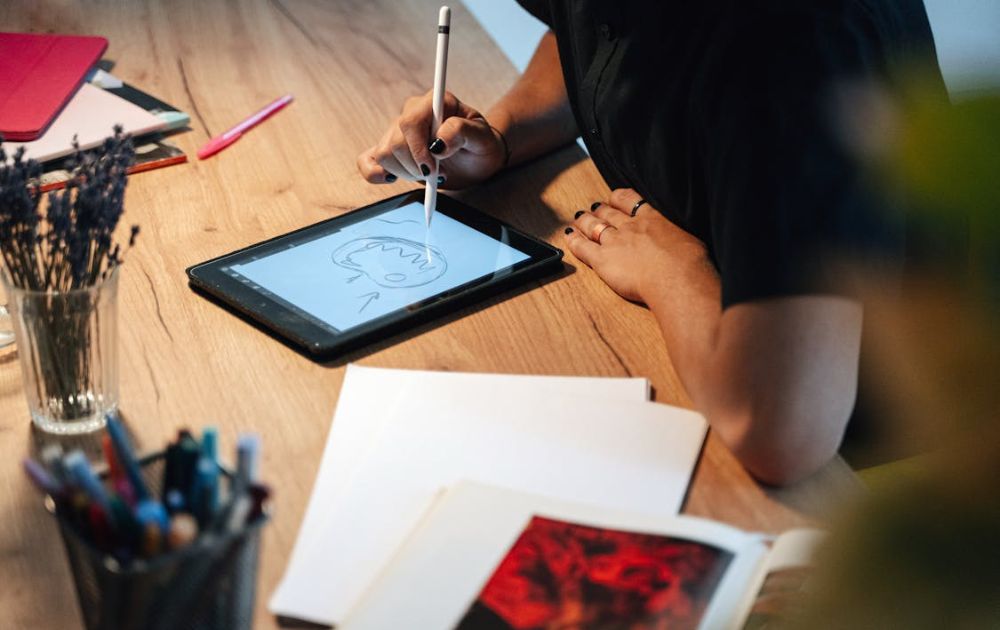
Graphic design subscription services like No Limit Creatives are popular among small businesses to get quick and quality designs. If you’re looking for No Limit Creatives alternatives, there is a chance that you found No Limit Creatives is not a good fit for your graphic needs. This is understandable! Perhaps the designs weren’t up to par, the turnaround was too slow or the customer support just wasn’t there.
The good news is that there are alternatives to design services that communicate better, are more flexible, and provide designs that feel more like your own brand. Therefore, here’s a list of the best alternatives to No Limit Creatives.
Penji — Best Overall Alternative
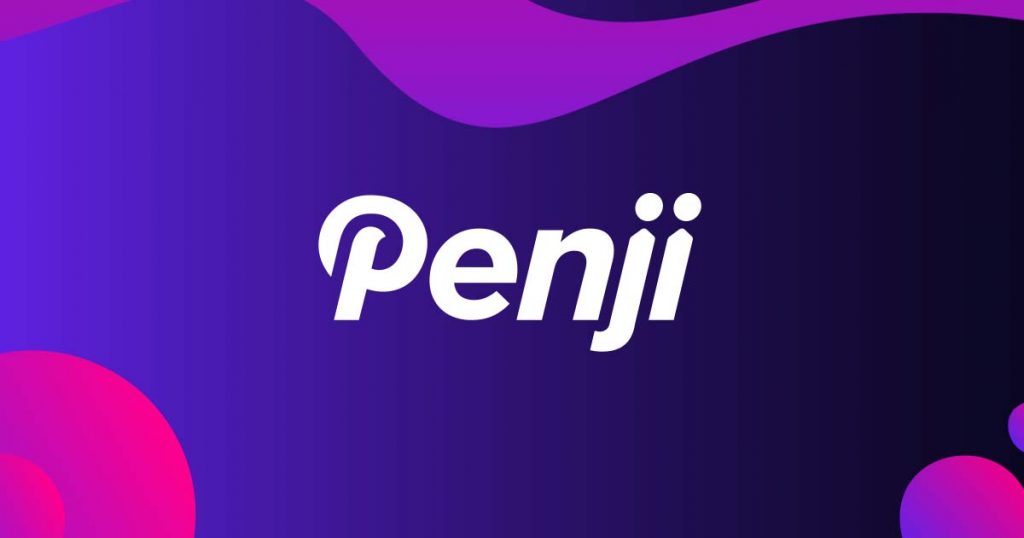
If you’re looking for a reliable graphic service from start to finish, Penji is a great alternative. Penji significantly improves upon the things that No Limit Creatives lacks in comparison — turnaround time, user dashboard experience, and offers a consistent designer who helps your brand over time.
Why it Stands Out:
The biggest problems with No Limit Creatives are slow turnaround and the designs lack brand cohesion. With Penji, you get consistent communication, consistent pricing and over 120 different types of designs without all the hassle.
Pros:
- Quick turnaround time (24-48 hours)
- A designer learns your style
- Easy user dashboard
- Consistent monthly pricing with no hidden fees
- 120+ types of designs (ads, branding, web, social and more)
Cons:
- No communication through chatting with the designers
- No video/animation capability
GraphicsZoo — Best for Revision and Version Tracking
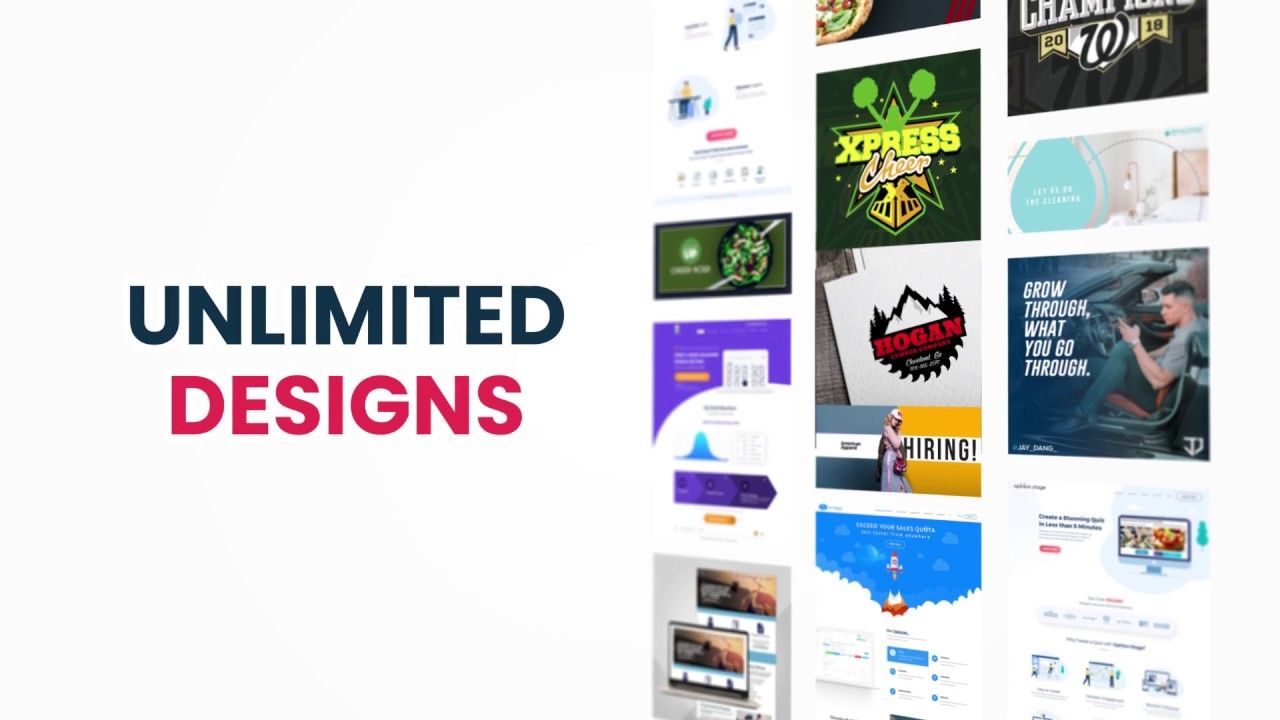
GraphicsZoo is a good alternative if you want more say in your revisions and need brand consistency across the board. GraphicsZoo can help version track easily, making team collaboration simple.
Why it Stands Out:
If you’re struggling getting changes made or keeping things on brand, GraphicsZoo gives you the tools necessary to do so.
Pros:
- Tracks versions and revisions in detail
- Team collaboration made easy
- Dedicated Design Team
Cons:
- Turnaround may vary depending on order
- Interface could be more modern
Content Beta — Best for SaaS and Tech Brands
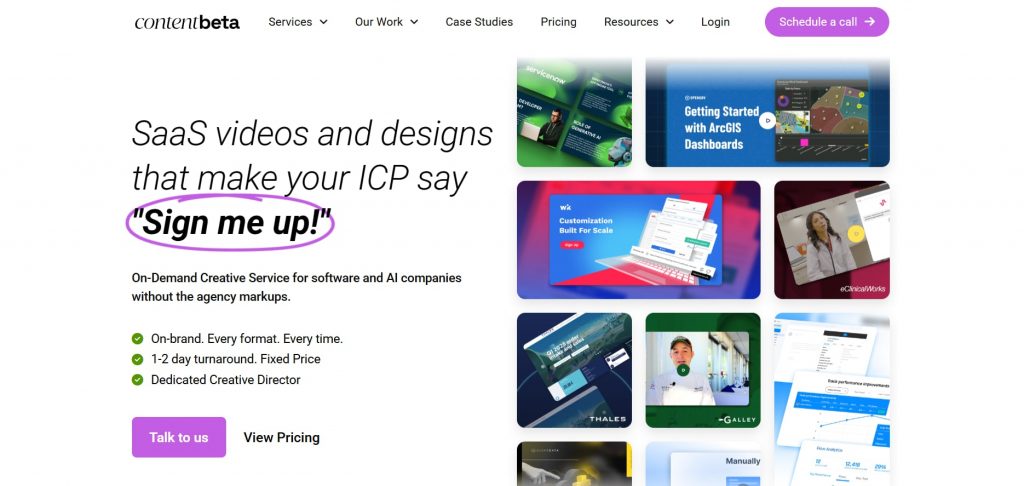
If you’re a software or tech company that needs more modern design visual offerings like product explainer videos, UI design mockups, and onboarding videos then Content Beta works best for you. Unlike No Limit Creatives who primarily focuses on graphics, Content Beta specializes in design and video.
Why it Stands Out:
If you’re working on product videos, app UI, or anything tech related, this is the choice for specialized help.
Pros:
- UI/UX combined services
- Great for explainer videos of products
- Video/design in one package
Cons:
- Non-ideal for basic branding or print materials
- Could be costly for smaller teams
SmartSites — Best for Marketing + Design Services
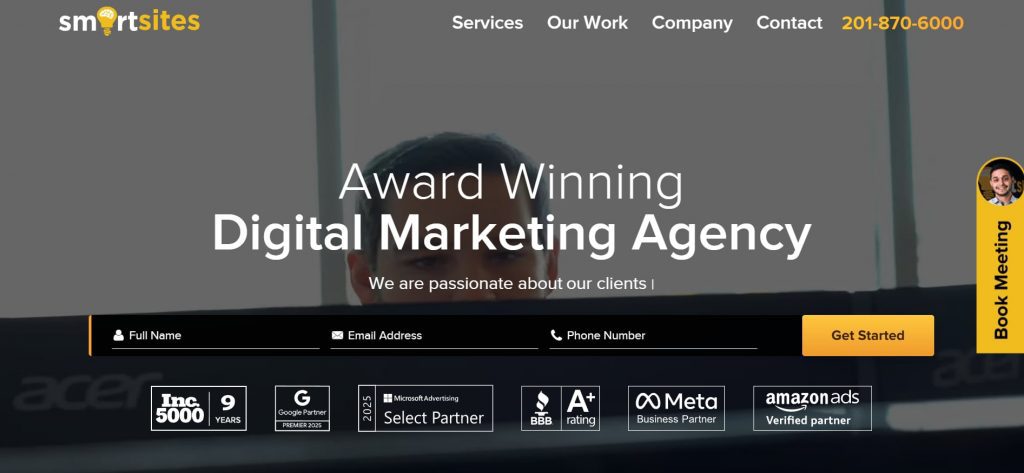
SmartSites is a marketing agency first and foremost. They provide SEO/PPC/web services along with graphic design so if you’re looking for heavy assistance in creative strategies as well as marketing brands and messaging, SmartSites is a suitable match.
Why it Stands Out:
If you want design solutions with tangible marketing results, then SmartSites provides you the growth potential to back it up.
Pros:
- Agency full-service: design/se0/PPC/web solutions
- Good for branding long haul
- A lot of strategic thinking help
Cons:
- Not unlimited graphic designs subscription program
- Should avoid if you only need design work
Business
What’s the Best Graphic Design Service for Startups
Published
2 days agoon
October 30, 2025By
Flore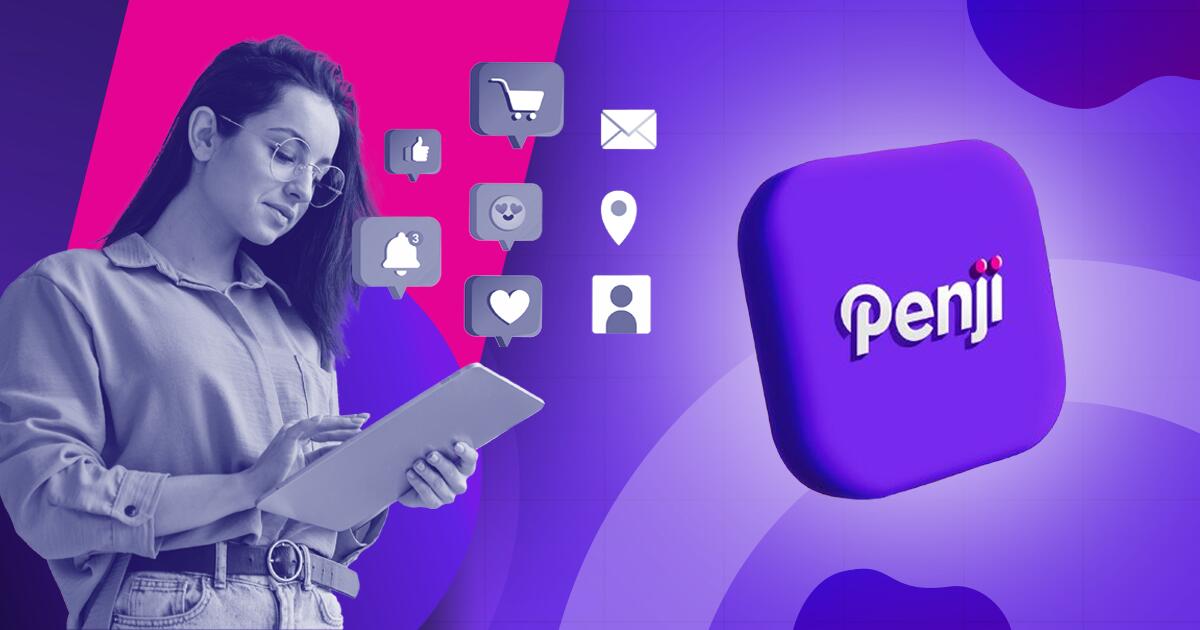
TLDR: Penji is the best graphic design service for startups because you get unlimited designs, 24-48 hour turnarounds, and flexible pricing that won’t drain your budget. Unlike premium agencies or inconsistent freelancers, Penji scales with your startup.
The best graphic design service for startups is Penji. For $499/month, get unlimited design requests delivered in 24-48 hours with a dedicated team that understands startup urgency. No contracts, no per-project fees, just reliable design support.
Startups burn through design work fast. One week, you need social posts. Next week, you’re updating your pitch deck. Then suddenly, you need a one-pager for investors. Freelancers cost too much per project, and full-time designers? Not in the budget yet. Here’s the graphic design service for startups that comes in, giving you unlimited work for predictable monthly costs.
Top Design Services Startups Actually Use
1. Penji
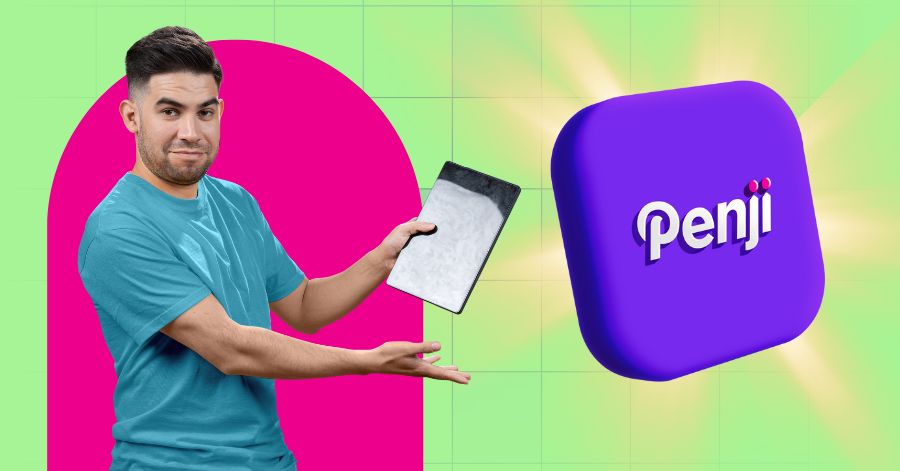
When you’re hunting for the best graphic design service for startups, you need speed, variety, and affordability all at once. Penji nails all three. Their design as a service platform gives you unlimited designs for $499/month with 24-48 hour turnarounds.
Why Penji works so well for startups:
They handle everything. Logos, pitch decks, social campaigns, you name it. No per-project charges. Your monthly rate stays flat whether you submit two requests or twenty.
Your dedicated team at Penji learns your brand fast. They remember your preferences for future projects instead of treating every request like the first time.
The creative support scales from simple graphics to complete brand guides. You don’t get forced into higher pricing tiers when your needs grow.
No contracts. You can pause when cash is tight and restart when you’re ready. Perfect for unpredictable startup budgets.
Startups choose Penji when they need graphic design services that match their pace without the agency price tag.
2. Superside
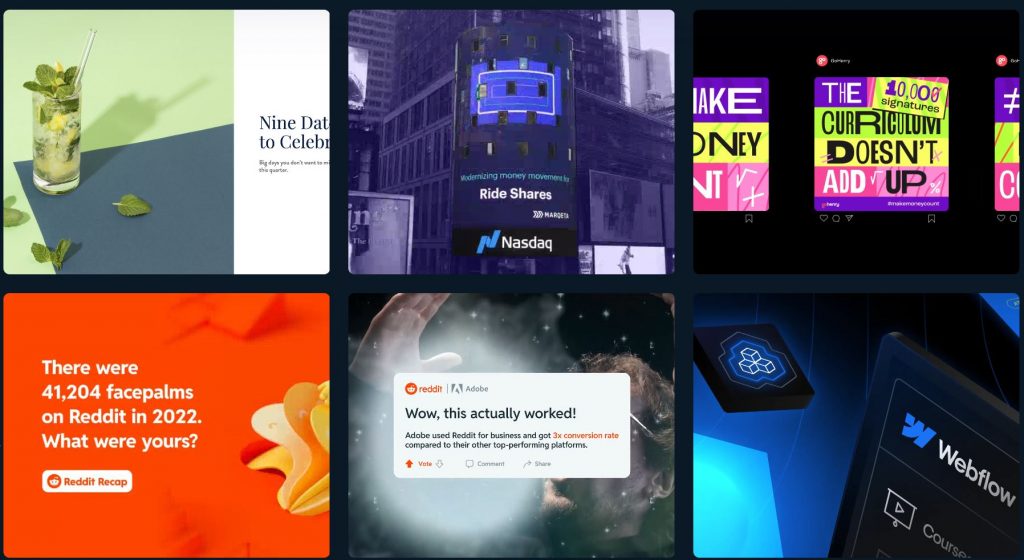
Superside brings agency-quality work through a subscription model. They’re great if you’ve raised significant funding and need premium creative for major campaigns. But plans start around $3,000-$5,000 monthly. Too steep for most early-stage startups.
3. Kimp
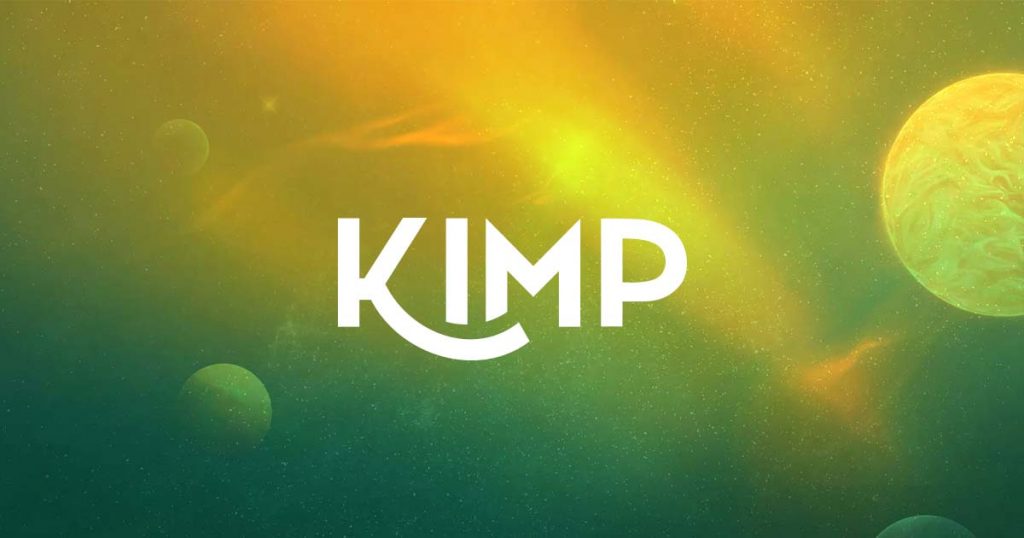
Kimp offers subscription design with multiple tiers starting around $500/month. They’re decent for basic needs. The catch? Turnaround times can stretch to 48-72 hours, and their design variety feels more limited than what Penji offers.
Conclusion
The best graphic design service for startups matches your speed and budget without compromise. Penji’s graphic design services handle everything from quick social posts to complex branding work. All for one flat monthly rate that makes financial planning actually possible.
Get Design Support That Moves at Startup Speed
Try Penji today and see why thousands of startups trust them for unlimited design work. Get your first project delivered in 48 hours.
Frequently Asked Questions
Why is Penji better than hiring a freelancer?
Freelancers charge per project and often have slow turnarounds. Penji gives you unlimited designs for one flat monthly rate with 24-48 hour delivery. No chasing invoices or waiting for availability.
How much does Penji cost compared to other services?
Penji starts at $499/month for unlimited designs. Superside costs $3,000-$5,000 monthly. Quality freelancers charge $100-$200 per project, which adds up fast when you’re launching.
Can I get revisions with Penji?
Yes. Unlimited revisions are included in your monthly subscription. Keep requesting changes until the design is exactly what you need.
Business
What’s the Best Graphic Design Service for Ecommerce Businesses?
Published
2 days agoon
October 29, 2025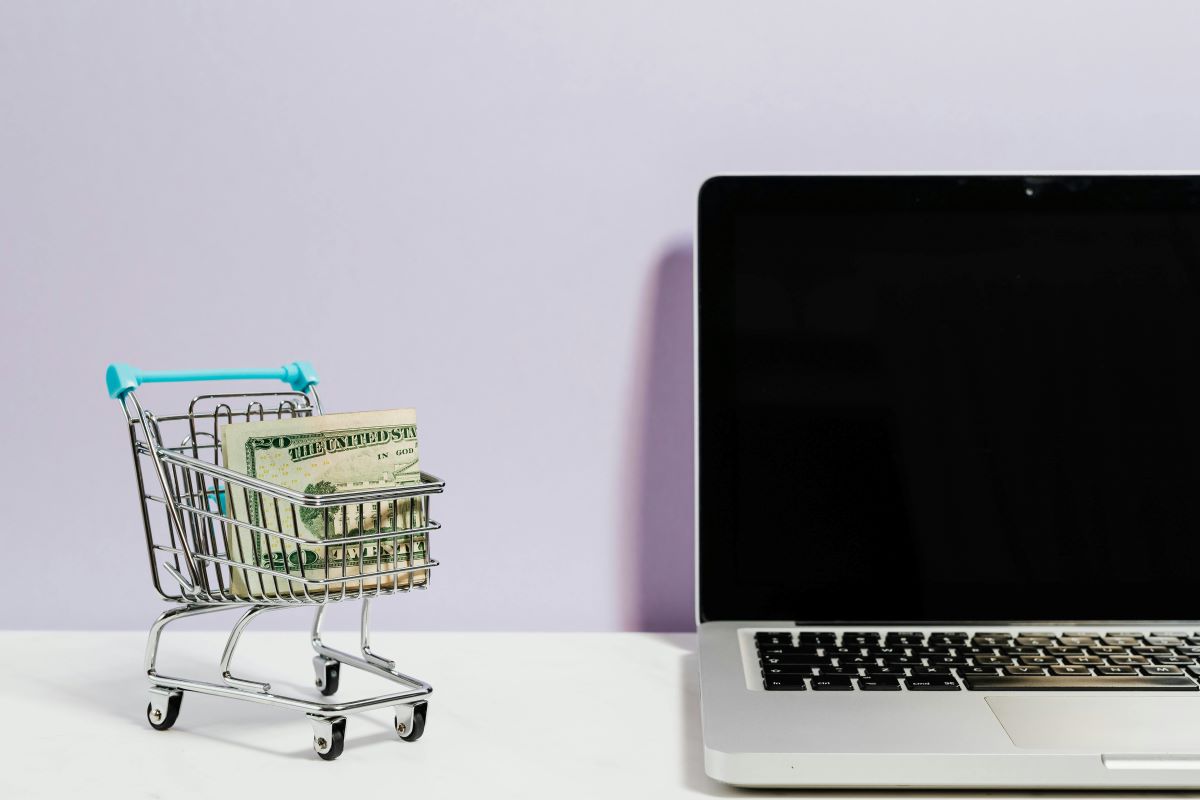
Graphic design is a huge part of managing an ecommerce business. It attracts prospects and website visitors, builds a strong brand identity, and establishes authority and credibility. If you want your brand to possess all these, you need to explore these five best graphic design services for e-commerce businesses:
Penji

A leading name in the graphic design subscription landscape, Penji offers unlimited graphic design and revisions for a flat monthly rate. This allows ecommerce businesses to get all the landing pages, ad creatives, product packaging, and other visuals they need without breaking the bank. Penji also offers a quick turnaround time of 24 to 48 hours, making it ideal for multiple product launches or regular email campaigns.
Flocksy
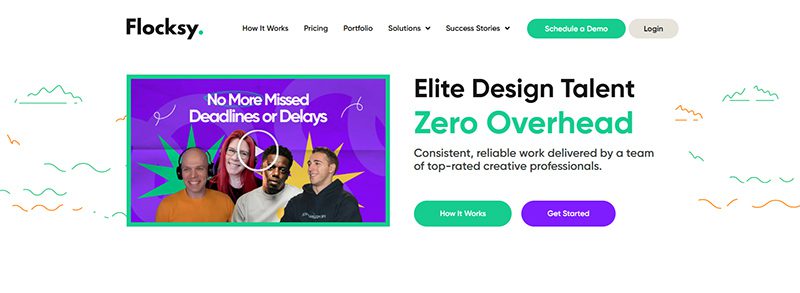
Boasting a team of designers, writers, and video editors, Flocky is an excellent option for ecommerce businesses looking for a reliable design partner. Like Penji, it delivers within 24 to 48 hours with fixed-rate pricing plans. Also included in the plans are unlimited revisions, so you can get the exact designs you need.
ManyPixels
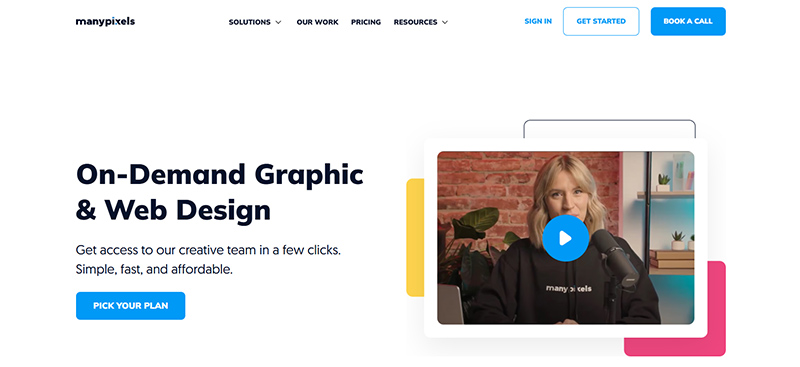
Another graphic design subscription platform that’s built for ecommerce businesses, ManyPixels lets you send as many design requests as you can in a month. Its higher-tier plans match you with a dedicated designer to provide consistent visual assets for your online store.
Duck.Design
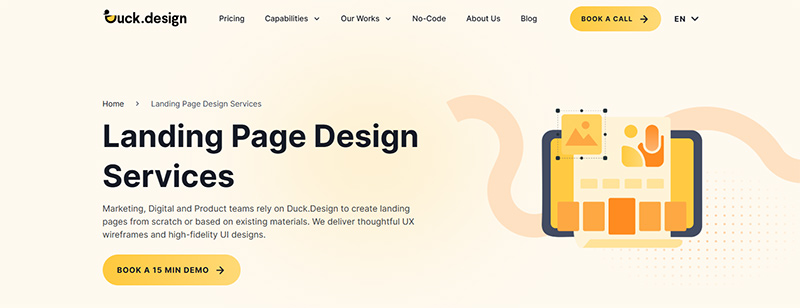
Whether your business is on Amazon, Shopify, or DTC (direct-to-consumer), Duck.Design is an excellent graphic design service for ecommerce businesses. It also offers unlimited graphic design services for flat monthly rates. Like ManyPixels and Penji, it delivers in 1 to 2 business days.
DotYeti

A rising start in the unlimited graphic design landscape, DotYeti is well-suited for ecommerce businesses looking for quality, fast, and affordable designs. You can send requests for infographics, packaging design, landing page designs, ad creatives, and many more.

What’s the Best No Limit Creatives Alternatives?

What’s the Best Graphic Design Service for Startups

What’s the Best Graphic Design Service for Ecommerce Businesses?

What’s the Best Fiverr Alternatives?

What’s the Best Superside Alternatives today?

What are the Best Canva Alternatives for Designers and Marketers?
What’s the Best Design Pickle Alternative?

What are the Best Canva Alternatives for Designers and Marketers?

What’s the Best Superside Alternatives today?

What’s the Best Fiverr Alternatives?

What’s the Best Graphic Design Service for Startups

What’s the Best Graphic Design Service for Ecommerce Businesses?


